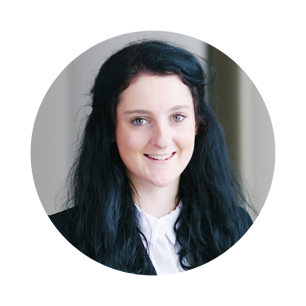Tell us about your career at Mills & Reeve so far
I started my training contract in our Cambridge office where I sat with the real estate team. In the remainder of my first year, I completed seats in family, private client and projects. I was then given the opportunity to do a family seat in our Manchester office. I completed the entirety of my second year in Manchester, undertaking a seat in corporate and a further seat in family. I qualified into the family NSL in September 2020.
There have been challenges on the training contract, I have learnt an incredible amount about the Mills & Reeve client base and work type, but I have also learnt a lot about my health along the way. Mills & Reeve was really supportive throughout my training contract, and particularly following my diagnosis of postural orthostatic tachycardia syndrome (PoTs) - a specific type of dysautonomia - in August 2020.
